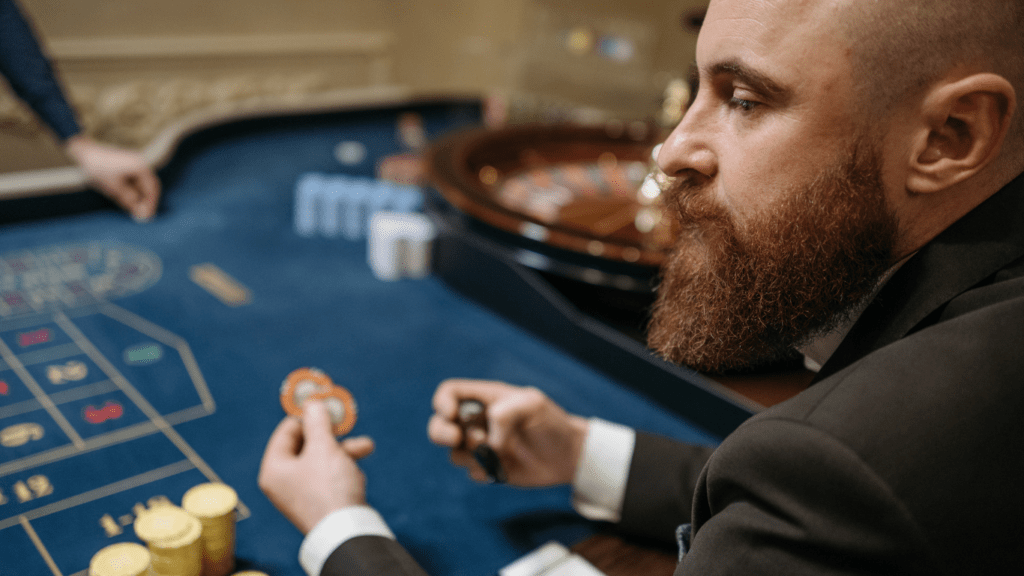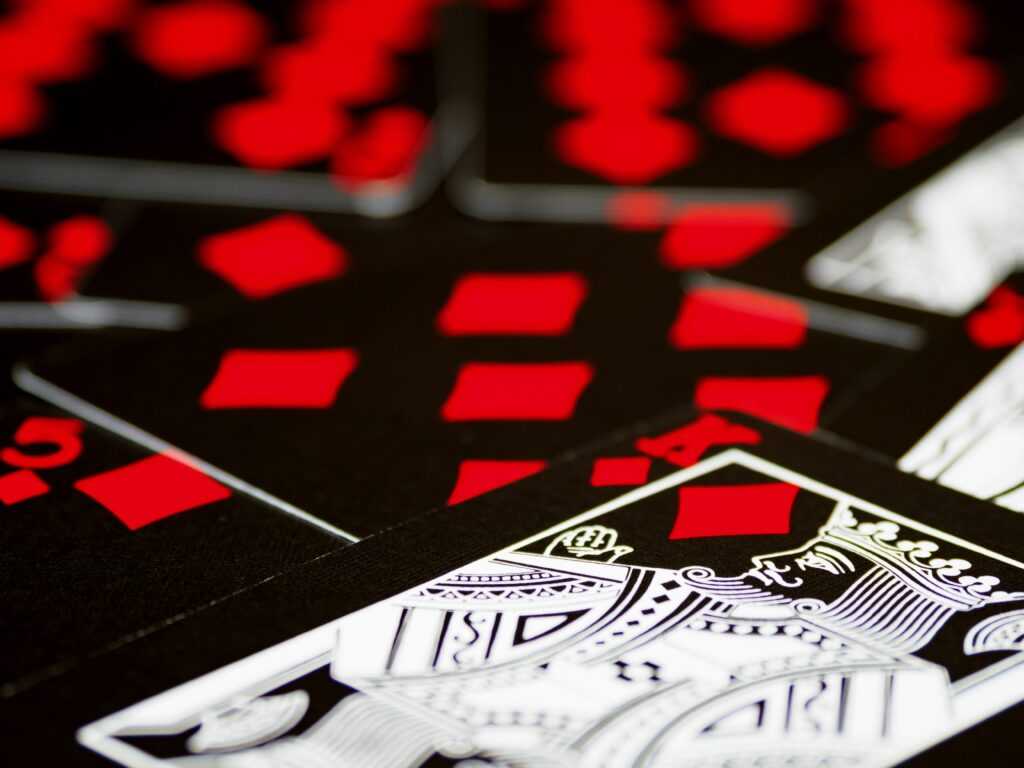Ever wondered why some people thrive in the high-stakes world of gambling while others crumble under the pressure? As someone who has delved into the intricate web of the psychology of money in gambling, I’ve come to understand the critical role that rationality plays in this adrenaline-fueled environment. It’s not just about luck; it’s about maintaining a clear mindset when the stakes are at their highest.
Navigating the ups and downs of the gambling world requires more than just a stroke of luck; it demands a deep understanding of how our minds react to financial pressures. In this article, I’ll delve into the fascinating realm of staying rational under the intense pressure of gambling. Join me as we explore the psychological strategies that can help you keep a level head when the chips are down.
Understanding the Psychology of Money in Gambling
In understanding the psychology of money in gambling, I acknowledge the pivotal role it plays in shaping our behavior in high-stakes scenarios. Money acts as both a motivator and a stressor, influencing our decisions and emotions throughout the gambling experience. Being aware of these dynamics is crucial for maintaining rationality and composure.
The Role of Money in Gambling Behavior
In gambling behavior, money serves as a multifaceted trigger that impacts our decision-making processes. It can intensify emotions, leading to impulsive bets or heightened anxiety. The value we assign to money directly correlates with our risk-taking tendencies, affecting how we approach each wager. Acknowledging the significance of money in our gambling behavior is essential for fostering a balanced and strategic approach.
Psychological Triggers in Gambling Environments
Psychological triggers in gambling environments encompass a range of stimuli that influence our actions and mindset. From the flashing lights and sounds of casinos to the adrenaline rush of placing a bet, various factors can trigger emotional responses. Understanding these triggers empowers us to recognize and control our reactions, allowing for a more deliberate and focused approach to gambling. By being attuned to these psychological cues, we can navigate the gambling environment with heightened awareness and efficacy.
Staying Rational Under Pressure
During high-stakes gambling, it’s crucial to stay rational under pressure to make sound decisions. By recognizing emotional triggers and employing specific techniques, I ensure that I maintain composure and focus on strategic decision-making.
- Recognizing Emotional Triggers
I acknowledge the emotional triggers that can impact my gambling behavior. Understanding how money influences my emotions helps me anticipate and manage impulsive reactions. By recognizing when emotions like excitement or fear arise, I can take a step back to assess the situation calmly. - Techniques for Maintaining Rational Decision-Making
I implement techniques to uphold rational decision-making in intense gambling scenarios. Setting predefined limits on my bets and sticking to a predetermined budget allows me to avoid impulsive moves driven by emotion. Additionally, taking short breaks during play helps me refresh my mind and refocus on my strategic approach.
Impact of Stress on Gambling Decisions

Stress plays a significant role in shaping gambling decisions, particularly in high-stakes situations where emotions run high. It can greatly impact risk-taking behavior and alter the rationality of decisions made during gambling activities.
How Stress Affects Risk-Taking
When under stress, individuals tend to exhibit higher levels of risk-taking behavior in gambling. The pressure and anxiety associated with financial losses or gains can lead to impulsive decision-making and a willingness to take greater risks than usual. This heightened risk appetite under stress can result in poor judgment and irrational choices, ultimately affecting the outcomes of gambling ventures.
Coping Strategies for Stress in Gambling
To mitigate the impact of stress on gambling decisions, it is crucial to employ effective coping strategies. Techniques such as mindfulness practices, deep breathing exercises, and setting realistic expectations can help manage stress levels during gambling sessions. Additionally, taking regular breaks, seeking social support, and reframing negative thoughts are valuable tools in maintaining emotional balance and making rational choices amidst the pressures of gambling environments. By proactively addressing stress and implementing coping mechanisms, individuals can enhance their ability to stay rational and composed while engaging in gambling activities.
Practical Tips for Managing Money in Gambling
As I delve into practical strategies for handling money in gambling scenarios, setting financial limits is paramount. Establishing clear boundaries on the amount I’m willing to wager helps me maintain control over my finances and avoid impulsive decisions that could lead to substantial losses.
Setting Financial Limits
When engaging in gambling activities, I always set strict financial limits beforehand. By determining the maximum amount I can afford to lose without causing financial distress, I safeguard myself against reckless betting behavior. This approach allows me to enjoy the thrill of gambling responsibly while mitigating the risk of significant financial repercussions.
When and How to Walk Away
Knowing when to walk away from a gambling session is crucial for preserving my financial well-being. I make a conscious effort to recognize signs of fatigue or emotional distress that may impair my judgment. By establishing predetermined exit points based on winning or losing thresholds, I ensure that I can step away from the game at the right moment. This disciplined approach enables me to maintain a healthy balance between enjoyment and financial prudence in the realm of gambling.




